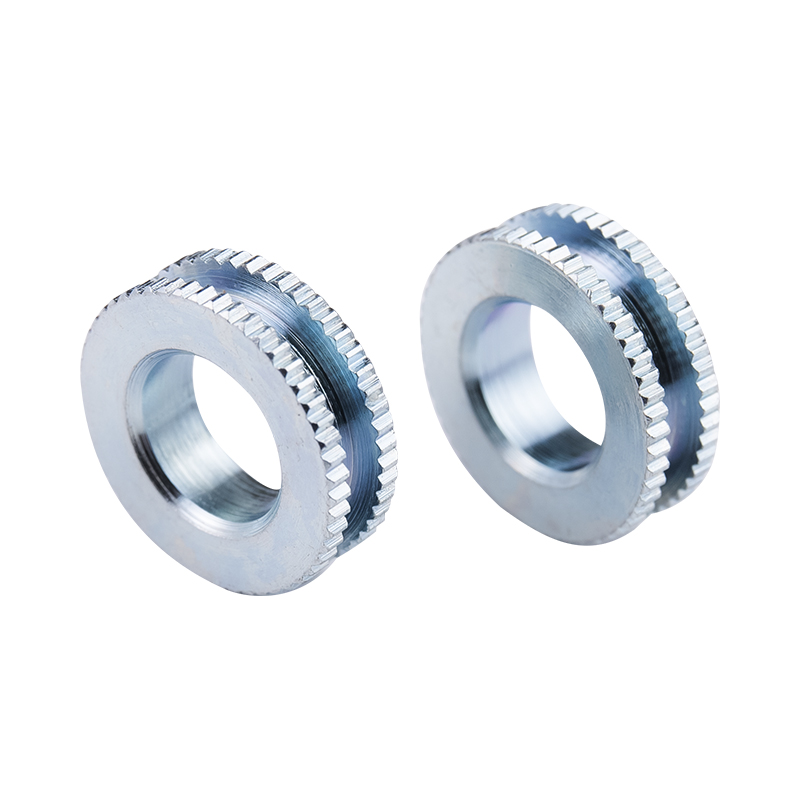-
CBB61 1.2uF/400V Black Film CapacitorsThe CBB61 1.2uF/400V capacitor features a black casing with black dielectric material, measuring 37mm × 24mm × 13mm. It includes mounting holes for se...
-
CBB61 1.5uF/400V CapacitorsThe CBB61 1.5uF/400V capacitor shares the 37mm × 24mm × 13mm black casing and black dielectric material with its 2.0uF counterpart. It also features m...
-
CBB61 2.0uF/400V CapacitorsThe CBB61 2.0uF/400V capacitor comes in a black casing with a black dielectric material, measuring 37mm × 24mm × 13mm. It includes mounting holes for ...
-
CL21 155/400V CapacitorsThe CL21 155/400V capacitor measures 22.5mm × 17.5mm × 10.3mm and is designed with a brown encapsulated casing, offering robust insulation and environ...
-
CL21 105/630V CapacitorsThe CL21 105/630V capacitor has dimensions of 22mm × 12.5mm × 7mm and features a brown encapsulated design, providing enhanced insulation and mechanic...
-
X2-104uf/305V CapacitorsThe X2-104uF/305V capacitor measures 18mm × 12mm × 11mm and features a yellow shell and yellow dielectric material, ensuring reliable insulation and l...
How does the selection of materials impact the performance and longevity of automotive hardware parts?
Industry News-The selection of materials plays a pivotal role in determining the performance and longevity of automotive hardware parts, influencing everything from durability and safety to efficiency and environmental impact. Automotive hardware parts encompass a wide range of components crucial to vehicle functionality, including bolts, nuts, brackets, and various structural elements. Each of these components must be carefully crafted to withstand the rigorous demands of automotive use, which includes exposure to varying temperatures, mechanical stresses, corrosion, and wear over time.
One of the primary considerations in material selection is strength and durability. Automotive hardware parts often experience significant mechanical forces and vibrations during operation. Materials such as high-strength steels, titanium alloys, and advanced polymers are chosen for their ability to maintain structural integrity under these conditions. For example, components like suspension bolts and engine mounts require materials that can withstand constant stress without yielding or deforming, ensuring the safety and reliability of the vehicle.

Corrosion resistance is another critical factor. Vehicles are exposed to diverse environmental elements, including moisture, salt, and chemicals from road treatments. Components made from materials with excellent corrosion resistance, such as stainless steel or zinc-coated steels, can significantly extend the lifespan of automotive hardware parts by preventing rust and degradation. This is particularly important for parts exposed to exterior elements or those within the engine bay.
Furthermore, the weight of automotive hardware parts directly impacts vehicle performance and efficiency. As automakers strive to enhance fuel economy and reduce emissions, lightweight materials like aluminum alloys are increasingly used in place of traditional steel. Lightweight components not only reduce overall vehicle weight but also contribute to improved handling and acceleration dynamics, enhancing both driver experience and environmental sustainability.
Additionally, the selection of materials considers thermal stability and wear characteristics. Components subjected to high temperatures, such as exhaust systems and engine components, require materials with high heat resistance to maintain functionality and durability. Similarly, parts that undergo frictional wear, like bearings and gears, benefit from materials with superior wear resistance properties, often achieved through specialized coatings or alloy compositions.
In conclusion, the careful selection of materials for automotive hardware parts is essential for optimizing performance, ensuring longevity, and meeting stringent safety and regulatory standards. By choosing materials that balance strength, durability, corrosion resistance, weight efficiency, and thermal stability, engineers can design components that not only withstand the demands of everyday driving but also contribute to the overall reliability and sustainability of modern vehicles. As automotive technology continues to evolve, advancements in materials science will play a pivotal role in shaping the future of automotive hardware, fostering innovation and driving towards safer, more efficient transportation solutions.



 русский
русский Español
Español